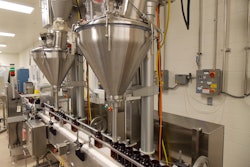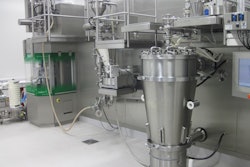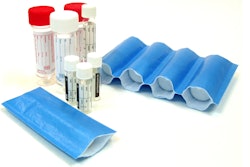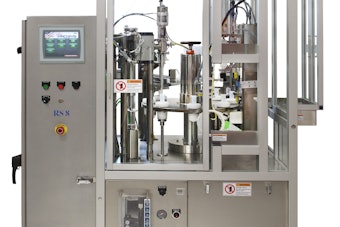This content was written and submitted by the supplier. It has only been modified to comply with this publication’s space and style.
The study, conducted by researchers from Massachusetts General Hospital's Division of Nuclear Medicine and Molecular Imaging, compared the effectiveness of container closure systems made from the Daikyo Crystal Zenith cyclic olefin polymer to glass for peptide-labeled radiopharmaceuticals. The study results appear in the October 2013 issue of Applied Radiation and Isotopes.
Peptide-based radiopharmaceuticals are used for the diagnosis and treatment of cancer and other therapeutic applications. Glass vials have traditionally been used as the container to enable the necessary chemical reaction that attaches radioisotopes to peptides. However, many peptides can easily be adsorbed by the walls of container closure systems (CCS), which means that costly radiopharmaceutical product is not fully recoverable after the reaction has occurred.
The study, "A container closure system that allows for greater recovery of radiolabeled peptide compared to the standard borosilicate glass system," examined how much product adhered to Crystal Zenith vials compared to glass vials during the synthesis of peptide-labeled radiopharmaceuticals. Key findings from the study include the following:
• Container closure systems made of Crystal Zenith had less product adherence to vials compared to single-use glass vials.
• Crystal Zenith vials retained approximately 10 percent less of the radiopharmaceutical compared to glass vials.
• Improved recovery of radiopharmaceuticals in Crystal Zenith vials was due in part to a lower adherence of the peptide.
"Over the past several years, we have seen tremendous interest in Crystal Zenith vials and syringes for drug packaging due to its ability to overcome issues of breakage, delamination and particulates associated with glass container closure systems," said Vinod Vilivalam, Ph.D., Senior Director, Global Technical Marketing Daikyo-West Products, West. "This study is an important addition to the growing body of evidence showing Crystal Zenith container closure systems are an effective alternative to glass, especially in emerging areas of cell therapy and radiopharmaceuticals."






















